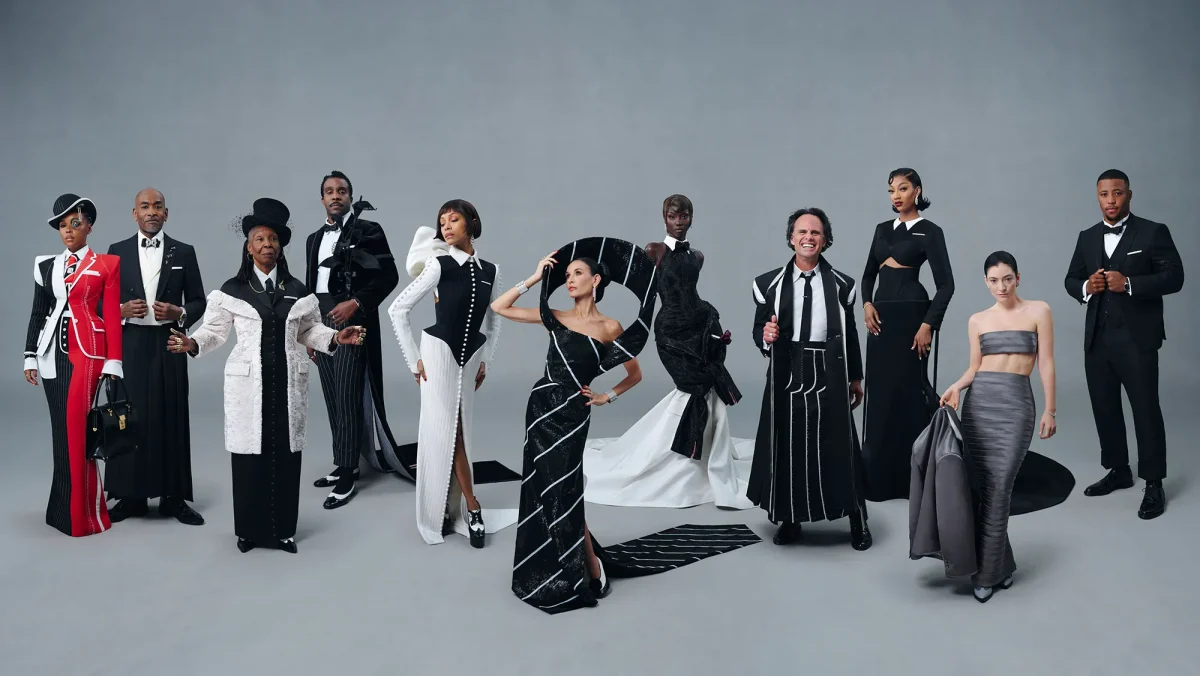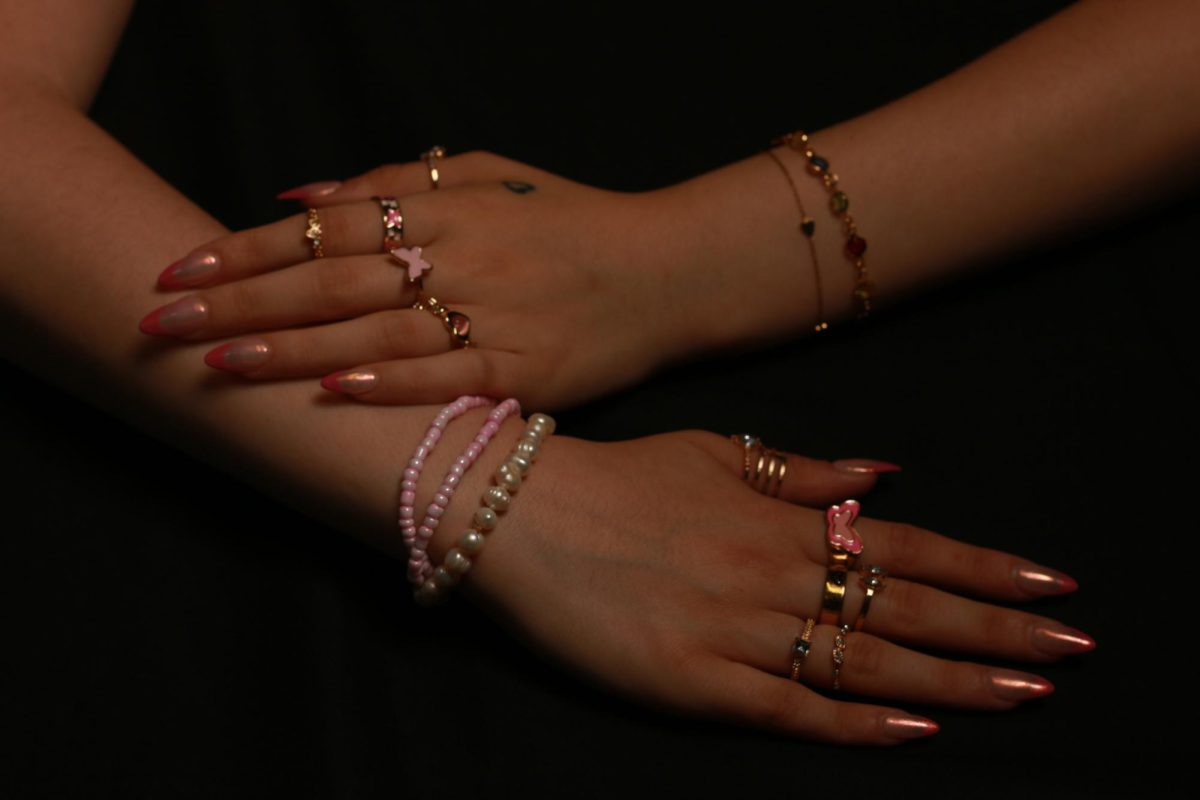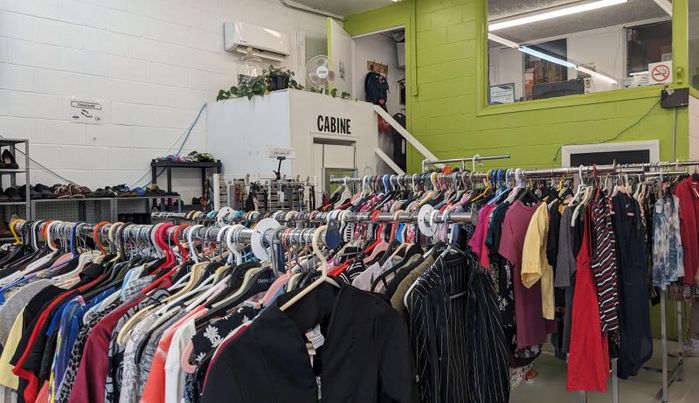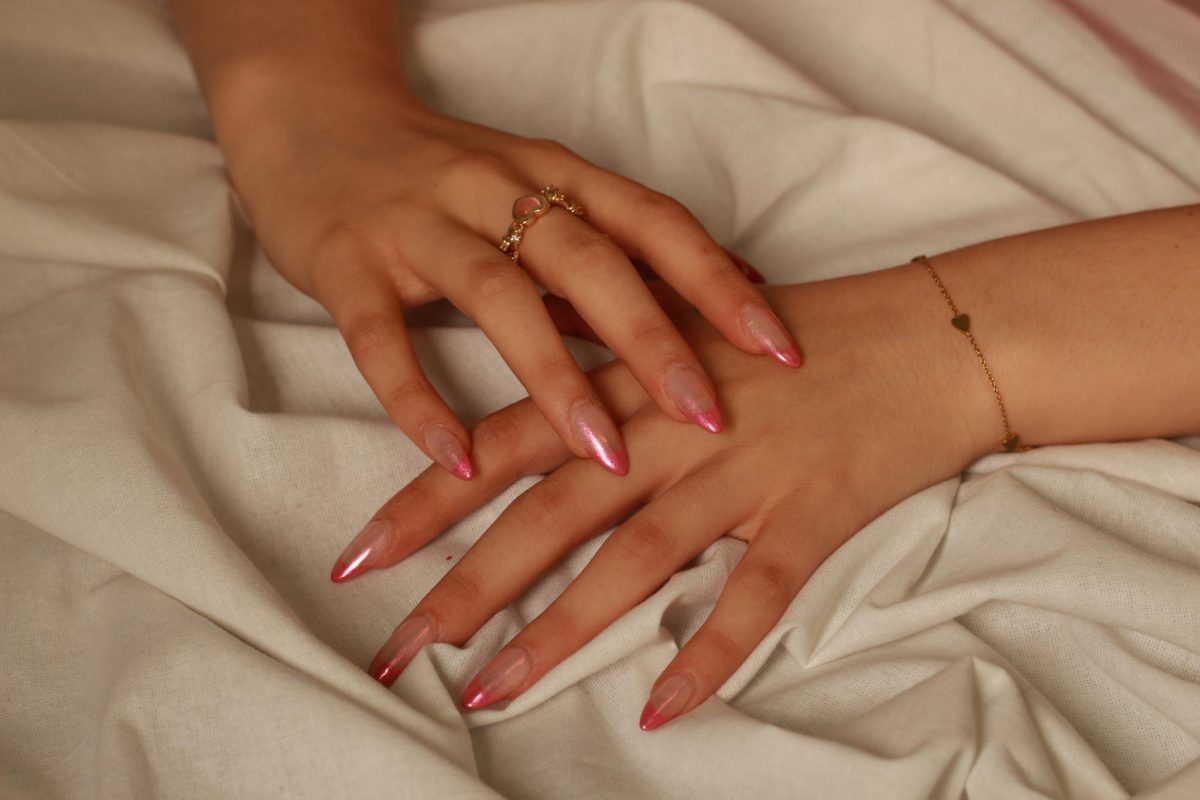
Vivienne Westwood is a name synonymous with groundbreaking fashion and rebellious spirit. Emerging in the 1970s, her brand quickly became a symbol of punk rock and counter-culture, challenging the status quo of the fashion industry.
Westwood’s journey began in London, where she opened her first boutique, “Let It Rock,” alongside Malcolm McLaren. This store, later renamed “Sex,” became the epicenter of punk fashion, influencing a generation with its provocative and unconventional designs.
Westwood’s early work was characterized by its radical approach, blending historical references with contemporary rebellion. She famously dressed the Sex Pistols, helping to solidify the punk movement’s aesthetic. Her collections, such as “Pirate” and “Buffalo,” were celebrated for their eclectic mix of styles and historical influences, showcasing her unique ability to reinterpret past fashions through a modern, subversive lens.Her innovative use of tartan, corsets, and safety pins became her trademarks, embodying a sense of defiance and individuality.
Throughout the decades, Vivienne Westwood evolved from her punk roots to become a global fashion icon. Her designs continued to push boundaries, incorporating political messages and environmental activism. Collections like “Climate Revolution” highlighted her commitment to sustainability, addressing issues such as climate change and consumerism. Westwood’s advocacy extended beyond the runway, as she became a vocal activist, using her platform to raise awareness about social and environmental causes.
Vivienne Westwood’s legacy is a testament to her enduring influence on fashion and culture.Her brand not only revolutionized fashion but also inspired a sense of empowerment and resistance against conformity. Through her innovative designs and unwavering commitment to activism, Westwood has cemented her place as a visionary in the fashion world. Her story is a celebration of creativity, rebellion, and the power of fashion as a force for change.






